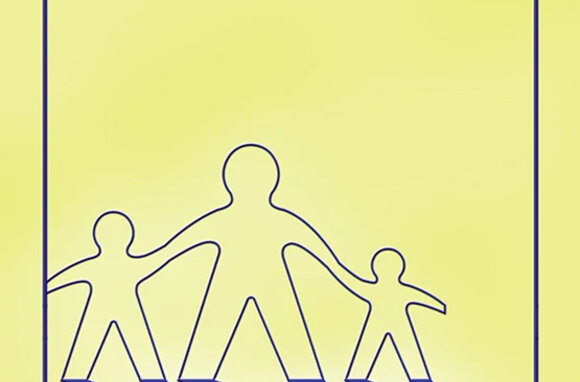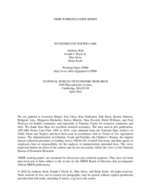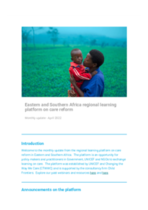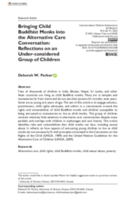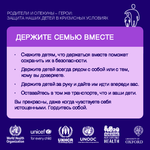Impact of COVID-19 on the Educational Experiences of Youth in Foster Care: Caseworker Perspectives
This qualitative interview study assessed the pandemic’s impact on the educational experiences of foster youth in the United States from the perspectives of their caseworkers. Participant caseworkers discussed how the pandemic affected the academic progress and social/emotional development of youth in foster care and highlighted some challenges of online learning.

